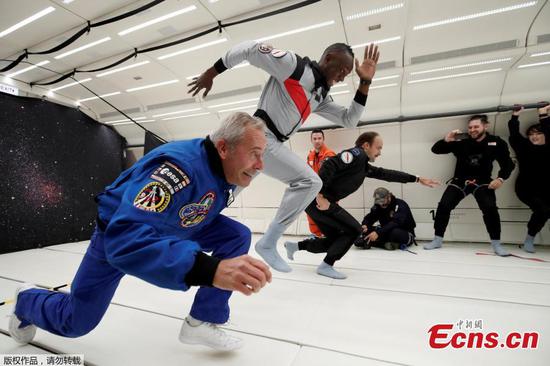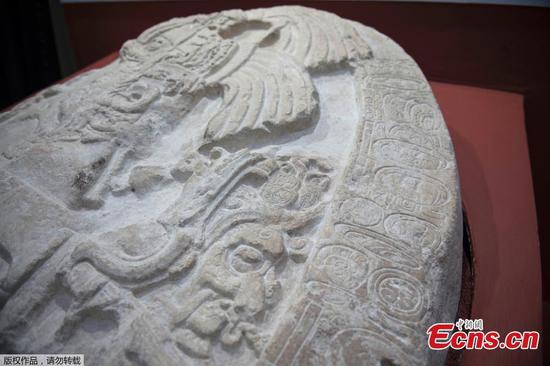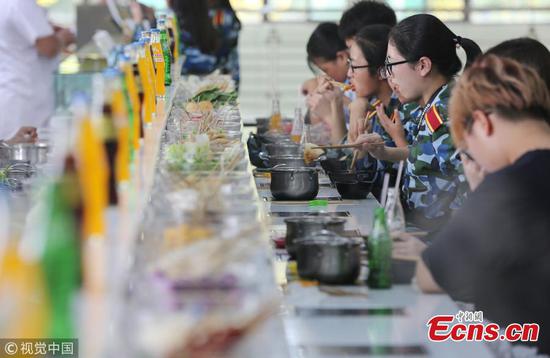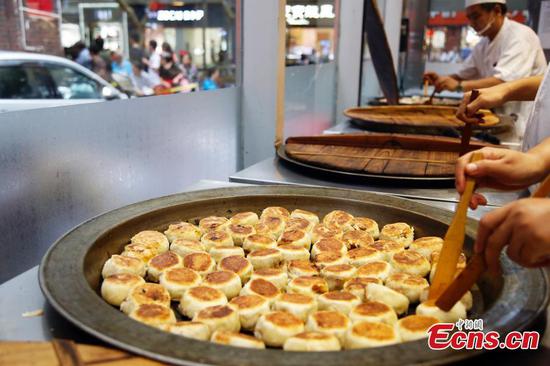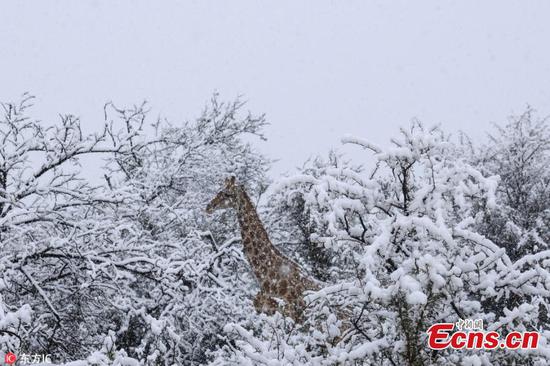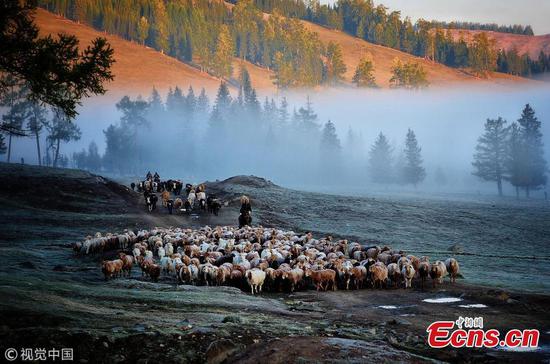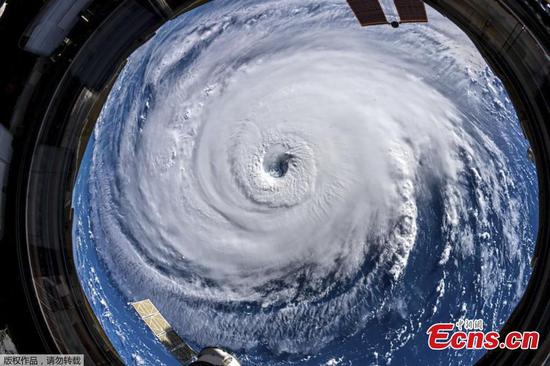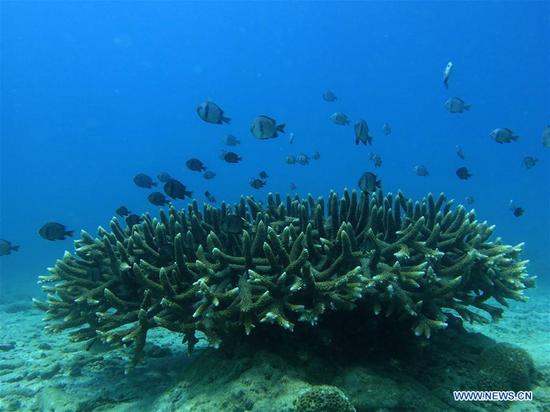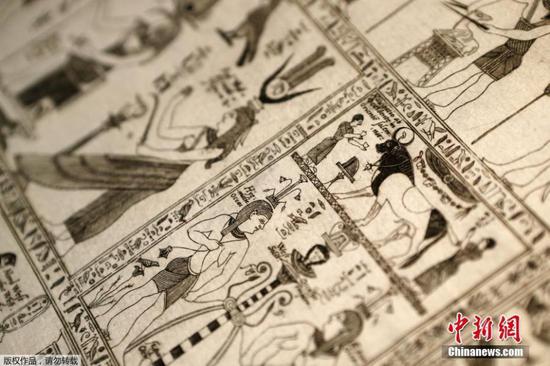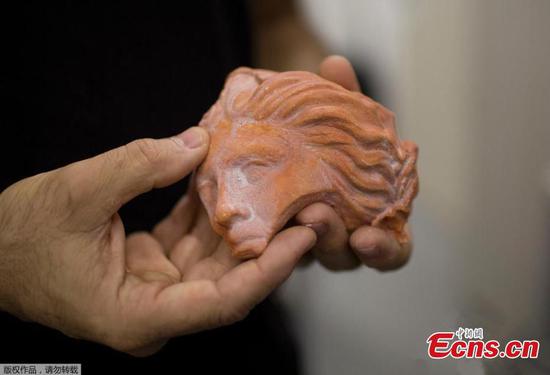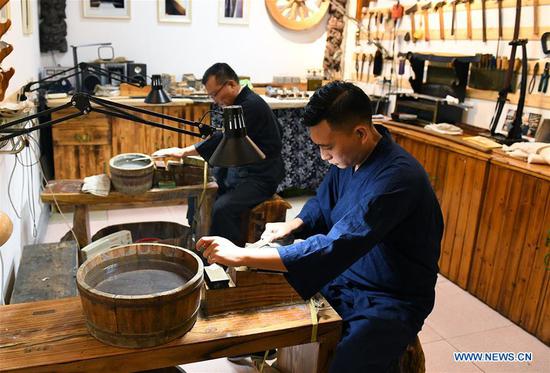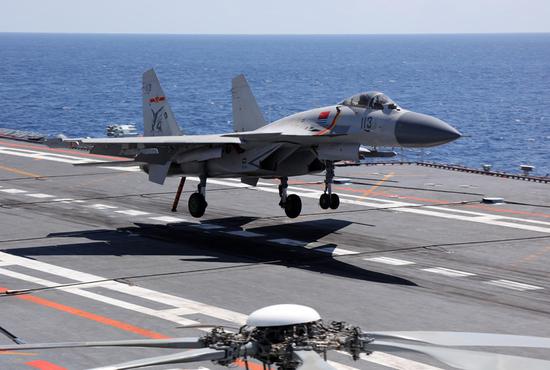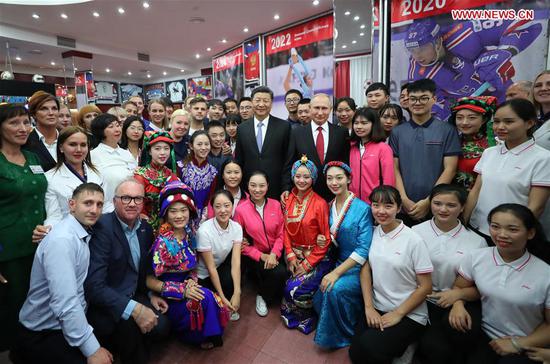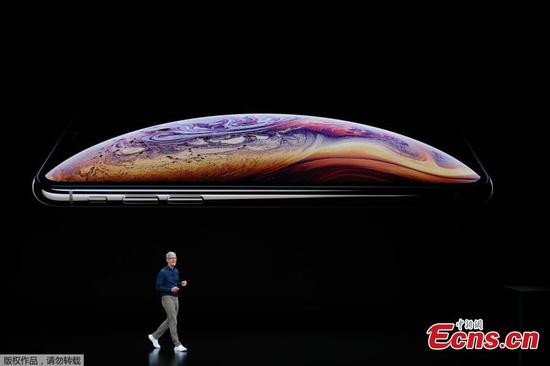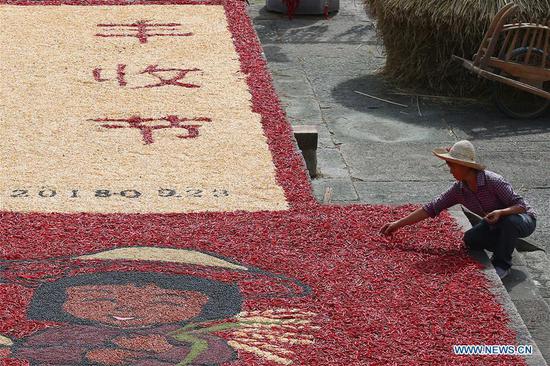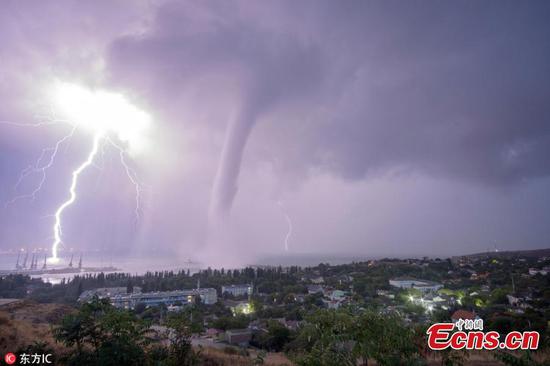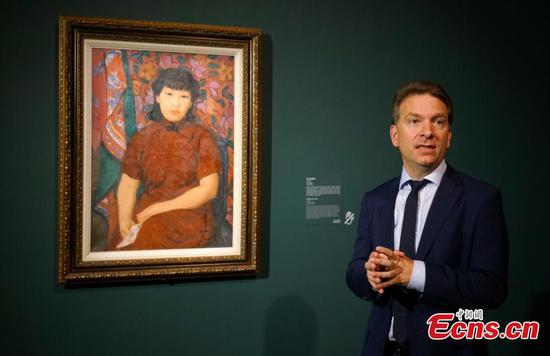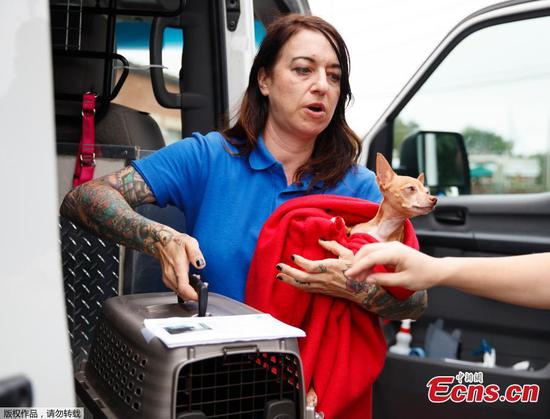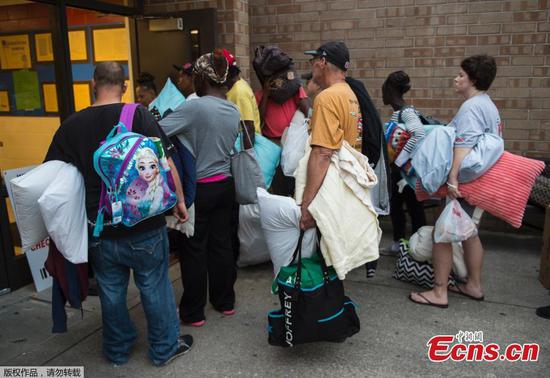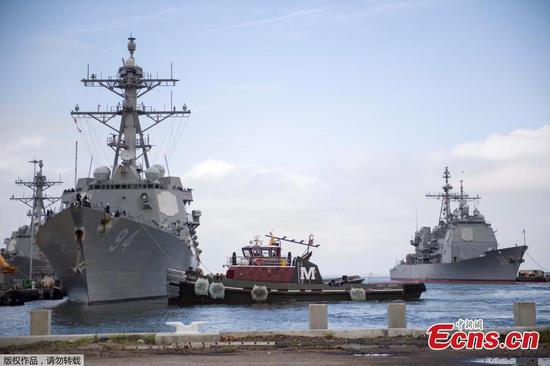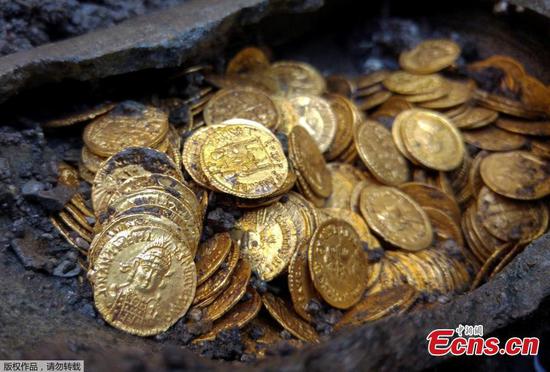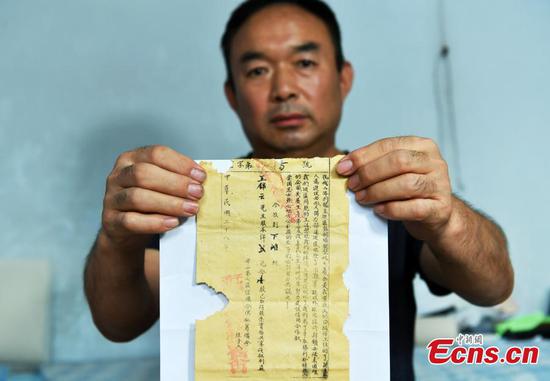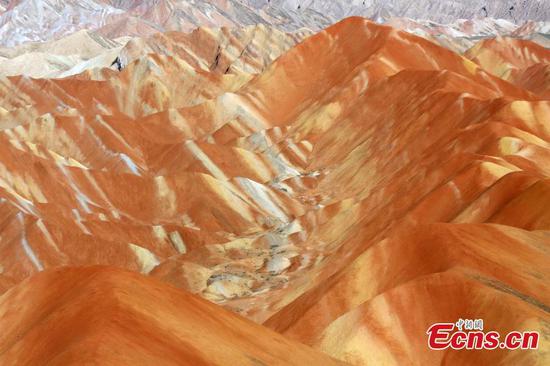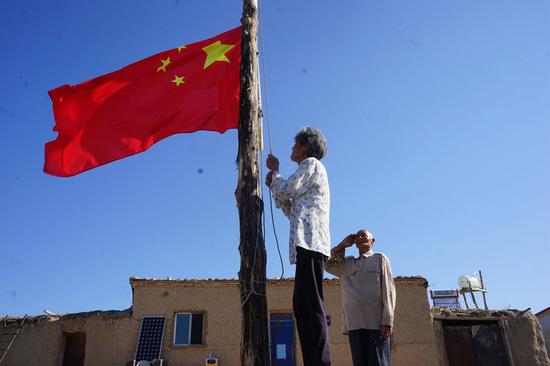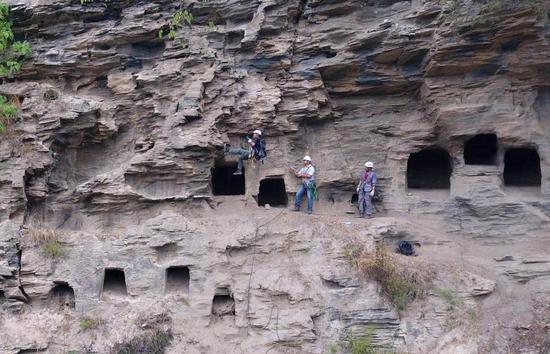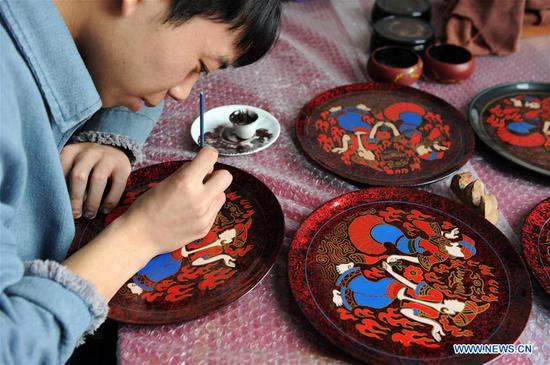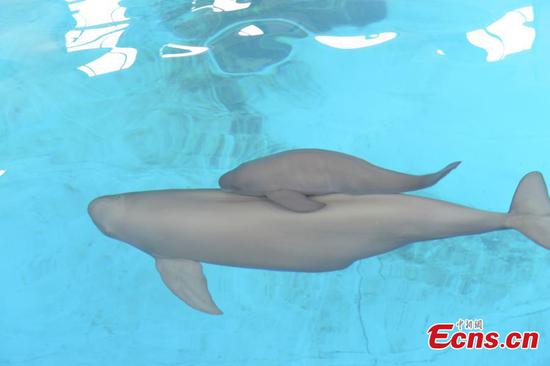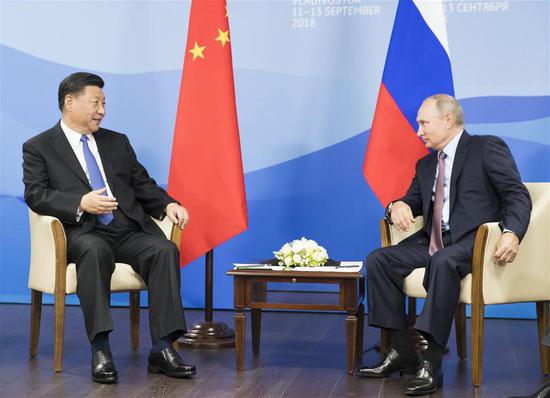Venezuelan President Nicolas Maduro is scheduled for a state visit from Thursday to Sunday, Chinese Foreign Ministry Spokesperson Lu Kang said in a statement released on Thursday.
Maduro's visit is expected to help the country recover from its ongoing economic crisis and cultivate more practical cooperation between the two countries, Chinese analysts noted.
This is the first visit from Maduro since he was reelected to a second term in May with 6 million votes, some 4 million more than his closest rival.
As Venezuela shifts its priorities from political power struggles to economic reform, the country has positioned China as a significant partner for cooperation, Sun Yanfeng, a research fellow with Institute of Latin American Studies at the China Institutes of Contemporary International Relations, told Global Times on Wednesday.
Venezuela's economy has suffered from shortages, hoarding and price gouging amid the power struggle between the socialist government and the conservative opposition, which has led to rampant inflation, the Xinhua News Agency reported on August 23.
According to economists at the International Monetary Fund, inflation this year in Venezuela could top 1 million percent.
Maduro listed addressing economic crisis among the six-point plan of action for his second term, calling for "a productive economic accord to achieve economic stability and increasingly sustained recovery," Xinhua reported.
The cooperation is mutual beneficial, said Sun. "The fundamental cause of Venezuela's domestic crisis is its sluggish economy, and the cooperation with China could help the country to resume production, increase market supply and stabilize its financial sector," Sun explained.
Compared to other Latin American countries, Venezuela is more experienced and better equipped to cooperate with China, and the country may set an example for implementing the China-proposed Belt and Road initiative in the region, said Sun.
Venezuela's Foreign Minister Jorge Arreaza said during his official visit to Beijing in December that Venezuela will take an active part in the Belt and Road initiative with other parties, and looks forward to further success through bilateral cooperation.
Various deals are expected to be signed between the two nations, which will also exchange experiences in efforts to improve people's standards of living and fight against corruption, said Sun.
China-Venezuela cooperation has brought more than 10,000 units of public housing to Venezuelan citizens, while cooperative power projects account for 10 percent of the country's total output capacity, Chinese Foreign Ministry spokesperson Geng Shuang said at a press conference in February.
More than 3 million low-income Venezuelan families have been provided with household appliances at preferential prices, and over 700,000 families gained access to satellite television services, the spokesperson said.
While Venezuela and China established diplomatic relations in 1974, the relationship has seen rapid improvements since the establishment of their strategic partnership for common development in 2001. In October 2017, China launched Venezuela's second remote sensing satellite, VRSS-2, into a preset orbit. The VRSS-2 was the third satellite jointly launched by China and Venezuela.
It will be primarily used by Venezuela for land resources inspection, environmental protection, disaster monitoring and management, as well as crop yield estimation and city planning, the Xinhua News Agency reported.









